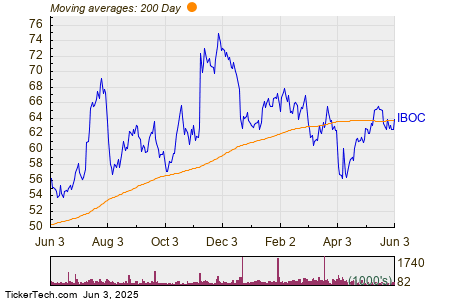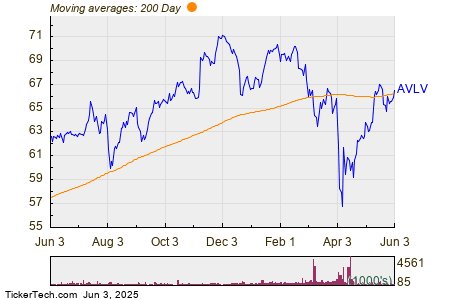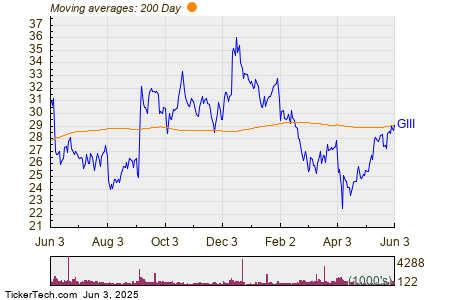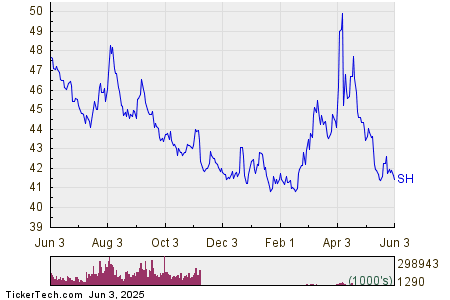Deckers Outdoor Faces Challenges Despite Strong Performance
Note: Deckers’ fiscal year ended on March 31.
Deckers Outdoor (NYSE: DECK) has seen its stock fall nearly 50% in 2025, diverging from the S&P 500’s slight gains. Currently priced around $104 per share, DECK may attract long-term investors who can overlook short-term market fluctuations.
Q4 Recap: Strong Brands, Cautious Guidance
In fiscal Q4, Deckers reported mixed results; it exceeded earnings estimates but issued conservative guidance. The company’s core brands, HOKA and UGG, fueled growth, with HOKA sales increasing 10% in Q4 and 23.6% for the full year. UGG sales rose 3.6% in Q4 and 13.1% for the year. Total Q4 revenue was over $1 billion, a 6.5% increase, and earnings per share (EPS) rose to $1.00 from $0.82. Management refrained from giving full-year guidance, projecting Q1 sales of $890–$910 million, an 8%–10% year-over-year growth.
Valuation vs. Fundamentals
The current stock price does not reflect Deckers’ operational strength. DECK has a price-to-earnings (P/E) ratio of approximately 17x, down from over 32 at the end of 2024, compared to the S&P 500’s P/E ratio of 26. The company generates more than $1 billion in annual cash flow, yielding approximately 6%. It has also experienced a 16% revenue growth over the past year.
This Is Still a Growth Company
Deckers has achieved a remarkable 16.4% annual revenue growth rate over the last three years, outperforming the S&P 500. It reported operating margins of 24.9% in the last four quarters, an increase of 210 basis points year-over-year, well above the S&P 500’s 13.2%. Furthermore, its net income margin stands at 19.4%, demonstrating strong brand loyalty and effective cost management.
A Fortress Balance Sheet
Deckers possesses a strong balance sheet, with only $276 million in debt and $2.2 billion in cash, equating to a minimal debt-to-equity ratio of 1.3%, compared to nearly 20% for the average S&P 500 company. With half of its assets in cash, the company is well-positioned to seize opportunities when market conditions are favorable.
It Bends, But Doesn’t Break
Historically, Deckers has experienced sharper declines than the S&P 500 during major downturns but has consistently shown strong recovery. For example, during the 2022 inflation shock, DECK fell 48% but rebounded within a year, reaching new highs by early 2025. Similarly, in the 2020 pandemic crash, it dropped 55% but recovered in under four months, and during the 2008 financial crisis, it declined 77.1% but regained its previous peak by mid-2010.
Deckers Scores High Where It Counts
In conclusion, the market has not yet accounted for Deckers’ underlying value. This is a high-quality growth company facing temporary challenges, but its solid fundamentals, strong brands, and attractive valuation remain intact. While investing in individual stocks involves risk, exploring diversified portfolios like the Trefis Reinforced Value (RV) Portfolio may be beneficial, as it has outperformed its all-cap stocks benchmark, providing robust returns for investors.
The views and opinions expressed herein are those of the author and do not necessarily reflect those of Nasdaq, Inc.





